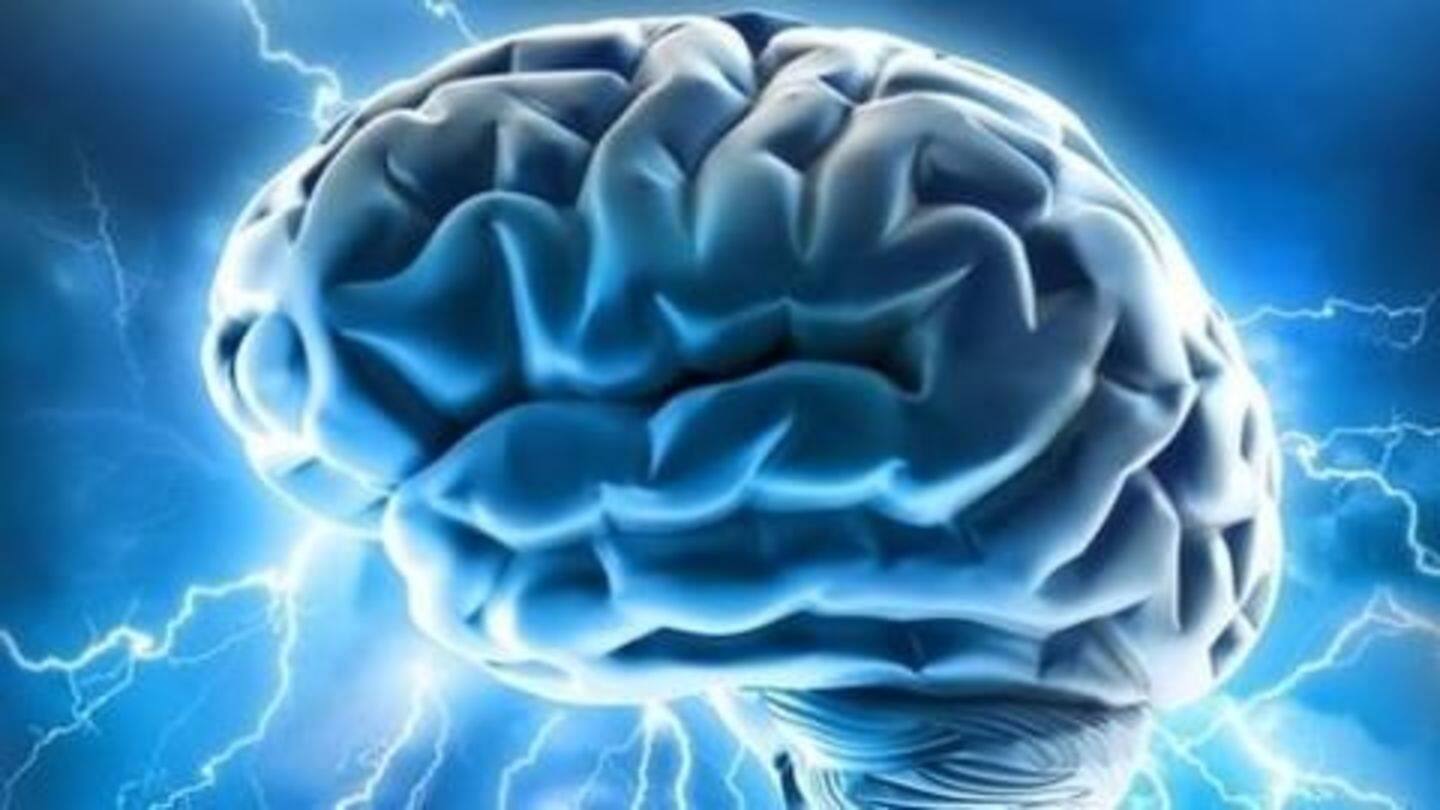
Does our brain have a "GPS" neuron?
What's the story
In a breakthrough development, scientists have now identified a neuron in our brain, which might play a significant role in our ability to navigate through our environments.
This "GPS" neuron will open treatment avenues for people with an impaired sense of navigation such as Alzheimer's patients; as it will help experts understand how our brain codes navigation.
Here's all you need to know.
Brain
The neighborhood cell
A research team, led by UVA researchers, Jeroen Bos, Martin Vinck and Cyriel Pennartz, has identified this neuron and has published their findings in Nature Communications.
"This seems to be a new type of neuron, which we have informally dubbed the 'neighborhood cell'. This neuron seems to enable the brain to specifically differentiate between distinct segments (neighborhoods) of the environment," said Jeroen Bos.
Research
The experiment on rats
According to researchers, the system of navigation in our brain includes hippocampal place cells, in which electrical activity increases or decreases, depending on a human's location.
To understand this mechanism in human brains, the researchers trained rats to perform a visually guided task in a figure-8 maze that included two loops, which overlap in the middle lane.
Rat
Mapping the rat's brain activities
Researchers used the electrical activities of their brains with a novel instrument, which allowed them to measure groups of neurons from four different areas- perirhinal cortex, hippocampus and two sensory areas- at the same time.
While the perirhinal cortex had sustained reactions throughout the entire loop, responses from hippocampal place cells were scattered and their fields were much smaller than loops of the maze.
Study
Major breakthrough in the experiment
"We were surprised to see the perirhinal cortex's responses align so closely with the layout of the maze, primarily because the region is commonly associated with object recognition," said Bos.
"It is known that patients with Alzheimer's disease or with damage to the temporal lobe have great difficulty finding their way, especially to remote goal locations", said Cyriel Pennartz, a professor at UVA.
Conclusion
What this research means
The results that have been derived from the GPS neuron discovery could be used to guide patients with Alzheimer's or other diseases in using other spatial strategies than the ones most severely affected by the diseases. Research points to the perirhinal cortex as a target for such treatment.
Research on neural replacement devices and assistive robots may also get some advantages from this study.